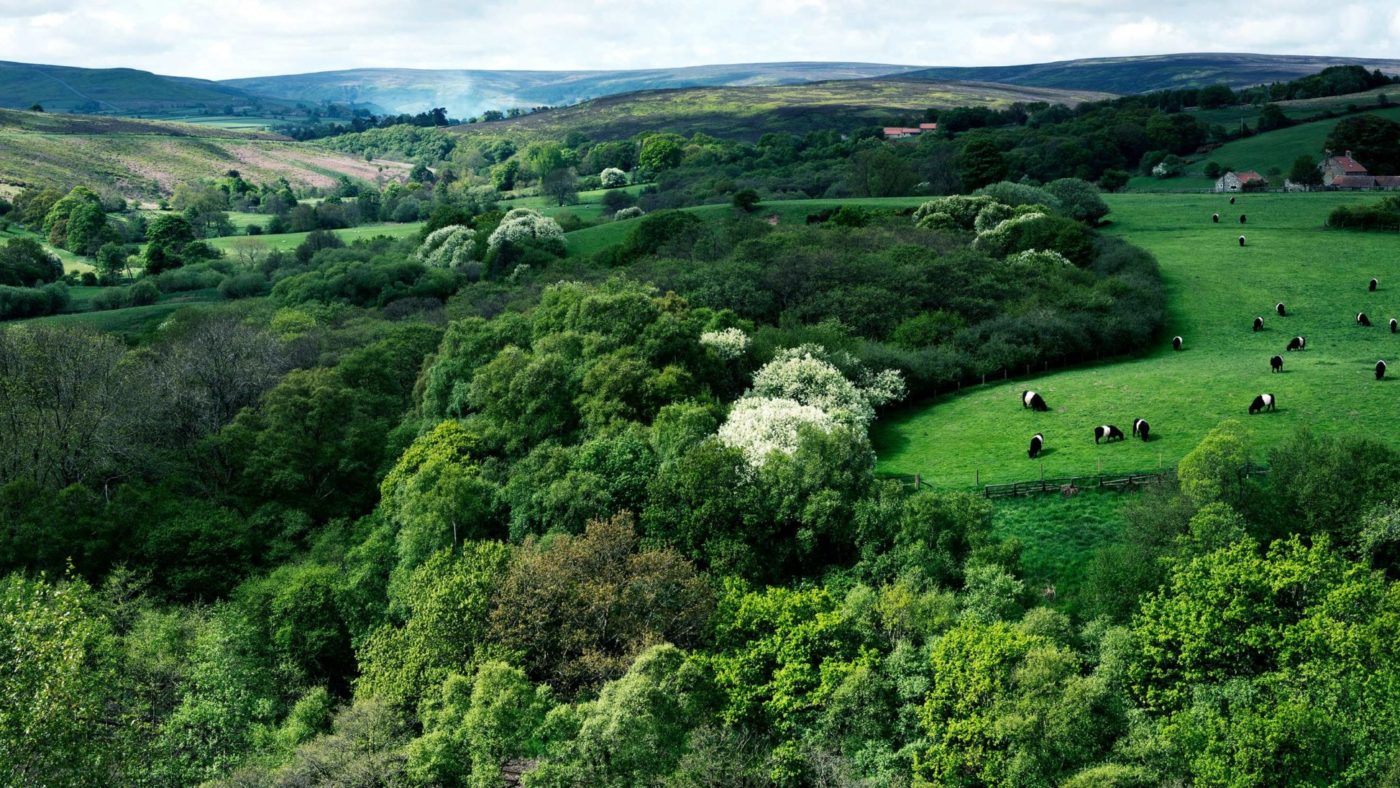This may have been billed as the ‘Brexit election’, but it looks increasingly likely that the environment will become a major focus of the campaign too.
Poll after poll this year has shown how concerned the public are about climate change. This summer an Ipsos MORI survey found 85% of British adults were concerned about climate change – the highest proportion on record. Climate change has shot up the political agenda thanks to a string of high-profile scientific reports, reports of the devastating Amazon wildfires, and at times controversial activism from groups like the school climate strikers and Extinction Rebellion.
There is evidence that this strong public sentiment will be reflected in people’s voting choices. In one recent poll by Opinium, a majority said that climate change would influence how they vote in the election.
If they want to convert their current poll lead into a parliamentary majority, the Conservatives will need to arm their candidates with a good number of ambitious green policies that they can sell on the doorstep.
The environment should be natural territory for Conservatives. Last Friday marked the thirtieth anniversary of Margaret Thatcher’s seminal and prescient speech to the UN General Assembly about the dangers of man-made climate change. She was the first major world leader to issue such warnings. That speech helped to spark the creation of the UN Intergovernmental Panel on Climate Change and ultimately the signing of the first global climate agreement at the Rio Earth Summit in 1992.
Conservatives must continue to build on this record of environmental leadership. In the manifesto, they will need new policies to halt and reverse environmental degradation, to get us on track to achieve the net zero target, and to improve the quality of our air.
Earlier this week, the party announced a wide-ranging package of climate policies to back the UK’s clean tech industries such as offshore wind. In addition, there should be support for consumers to make more climate-friendly choices with new infrastructure spending on home energy efficiency and better fiscal incentives for electric vehicles.
The Tories should also commit to spending at least the current EU budget for agricultural subsidies on environmental payments to farmers, expand our network of marine reserves to fully protect 50% of UK waters, and create a new fund to incentivise nature-based solutions to climate change like restoring peat bogs and planting trees.
When it comes to air pollution, the party should commit to the World Health Organisation’s recommended air quality standard for particulate matter and help more people to buy electric cars, for instance by using new Brexit freedoms to cut their VAT.
By contrast, while Labour’s first few policy announcements on climate change have appeared very ambitious, the reality is that there are some major weaknesses – not least when it comes to their costings. And the Conservatives, with an ambitious manifesto of their own, have the chance to win the green vote. And there is cause for optimism here – according to YouGov, they already lead Labour by seven points on the environment
Regardless of people’s views on Brexit, there is consensus across the green movement that the Common Agricultural Policy has caused great economic and environmental damage to our countryside. Michael Gove’s proposed reforms, to ensure that our farmers are rewarded for enhancing the environment rather than just managing farmland, will be one of the biggest wins for nature in decades. Labour’s policy of a second referendum and further delay would keep our farmers and our countryside trapped in the CAP, perhaps indefinitely.
Labour is vulnerable on energy and climate too. They have proposed renationalising large parts of the energy sector. This would cause huge disruption and cost taxpayers many billions of pounds. To reach net zero, we will need to harness large amounts of private as well as public capital. Expropriating energy company assets below market value would deter this vital private investment, raise the cost of capital, and ultimately make net zero more expensive for households. Renationalisation also risks squandering the potentially huge economic benefits of clean technologies.
Earlier this year, the UK put into law a world-leading target to reach net zero by 2050. The independent Committee on Climate Change said that a 2050 deadline discharged our international commitments under the Paris Agreement and found no evidence that net zero before 2050 was achievable. Attempting to reach net zero by 2030, as Labour has proposed, would mean millions of boilers ripped out before they break down, cars scrapped prematurely, and planes grounded. A 2030 net zero target would harm our cross-party climate change consensus, cause major damage to our economy, and alienate the public from climate action.
2019 could be the first major environment election. It certainly ought to be central to the campaign, given how critical the issues are. Now, with the right policies, the Conservatives have the chance to make true the Cameron-era adage of ‘Vote Blue, Go Green’. They should seize the opportunity.
Click here to subscribe to our daily briefing – the best pieces from CapX and across the web.
CapX depends on the generosity of its readers. If you value what we do, please consider making a donation.


